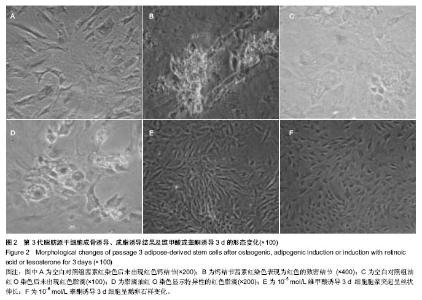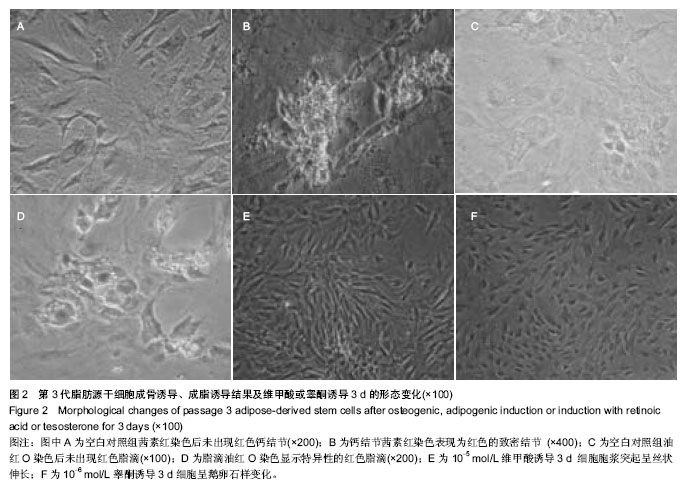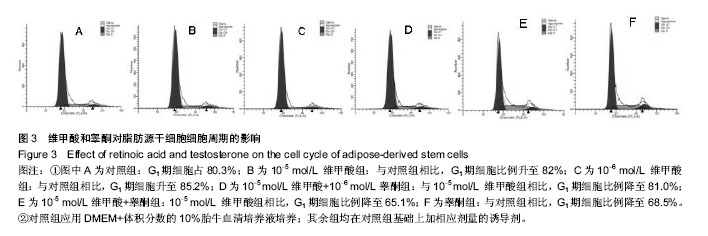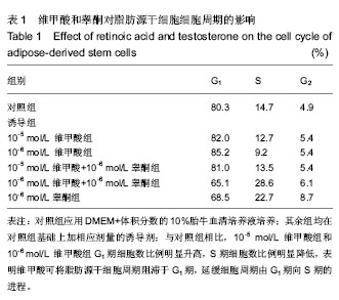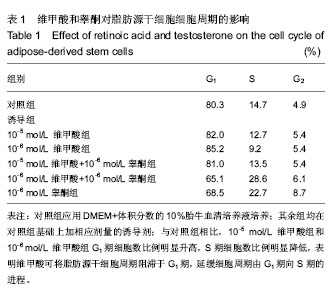| [1] 原林,姚大卫,唐雷,等.针灸经穴的数字解剖学研究[J].解剖学报, 2004,35(4):337-343.
[2] 原林,王军,王春雷,等.人体内新的功能系统——支持储备及自体监控系统新学说[J].科技导报,2006,24(6):85-89.
[3] Zuk PA,Zhu M,Mizuno H,et al.Multilineage cells from human adipose tissue:implications for cell-based therapies.Tissue Eng.2001;7(2):211-228.
[4] Mitchell JB,Mcintosh K,Zvonic S,et al.Immunophenotype of human adipose-derived cells:temporal changes in stromal-associated and stem cell-associated markers.Stem Cells.2006,24(2):376-385.
[5] Silva C, Wood JR, Salvador L,et al.Expression profile of male germ cell-associated genes in mouse embryonic stem cell cultures treated with all-trans retinoic acid and testosterone. Molecular Reproduction and Development.2009; 76:11-21.
[6] Nayernia K, Lee JH, Drusenheimer N,et al.Derivation of male germ cells from bone marrow stem cells.Laboratory Investigation. 2006;86:654-663.
[7] Coelho SM, Vaisman M, Carvalho DP. Tumor differentiation effect of retinoic acid: a novel therapeutic approach for advanced thyroid cancer. Curr Pharm Des.2005;11(19): 2525-2531.
[8] Sun SY,Lotan R.Retinoids and their receptors in cancer development and chemoprevention. Crit Rev Oncol H ematol. 2002;41(1):41-55.
[9] Mark M, Ghyselinck NB, Chambon P. Function of retinoid nuclear receptors: lessons from genetic and pharmacologicacl dissections of the retinoic acid signaling pathway during mouse embryogenesis.Annu. Rev.pharmacol.Tixicol.46.451-480.
[10] Solmesky L, Lefler S, Jacob-Hirsch J, Bulvik S, Rechavi G, Weil M. Serum free cultured bone marrow mesenchymal stem cells as a platform to characterize the effects of specific molecules. PLOS ONE, 2010,5(9):1-11.
[11] Evan GI,Vousden KH.Proliferation, cellcycle and apoptosis in cancer.Nature.2001;411(6835):342-348. |


